“Words can hurt.” We all know this saying. And probably all of us, or at least the majority, know that it’s true.
The woman from today’s story can agree with it, too. She was hurt by the people from the family she was marrying into because she wasn’t planning on taking her fiancé’s last name after the wedding, as it wasn’t even legal in her home country. And who wouldn’t be hurt after getting called a B-word by people you thought would never do that, right?
More info: Reddit
In some contexts, women planning to not take their husband’s name is quite a controversial topic
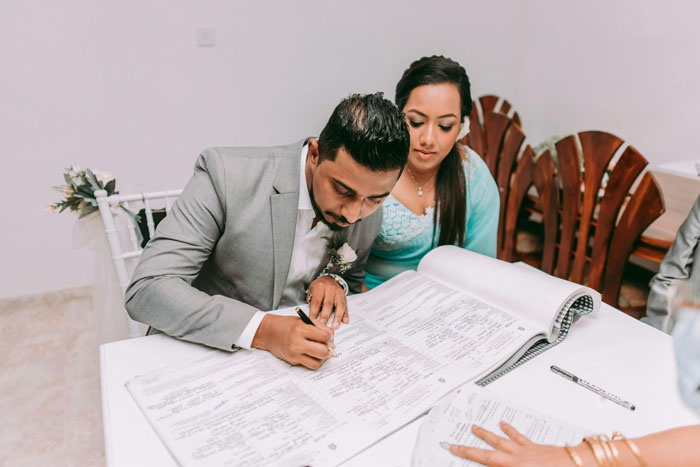
Image credits: Gayani Anuththara (not the actual photo)
Like a Belgian author’s American fiancé’s family, who got truly enraged when they heard that the woman wasn’t changing her surname after the wedding
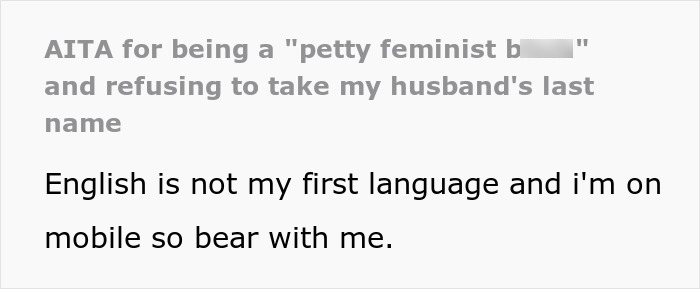
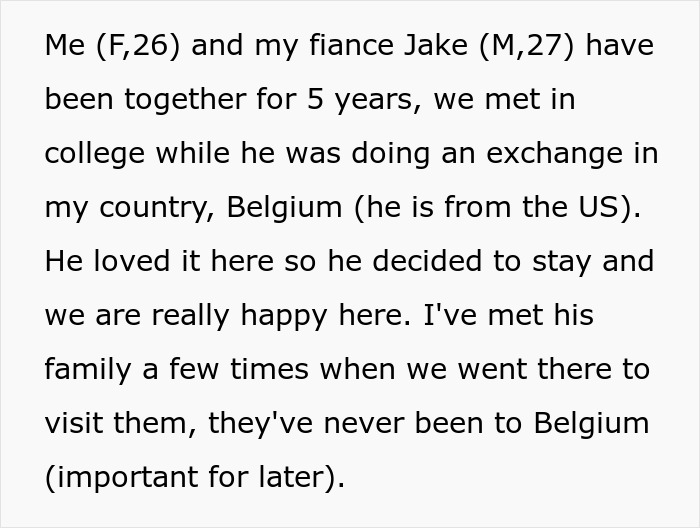
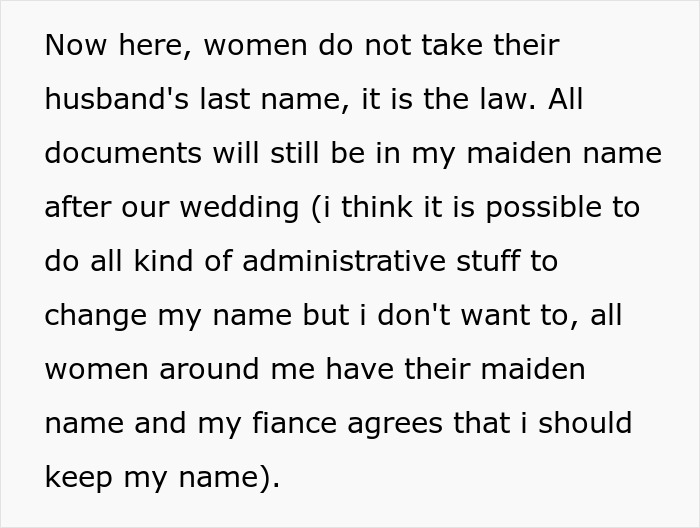

Image credits: Tima Miroshnichenko (not the actual photo)
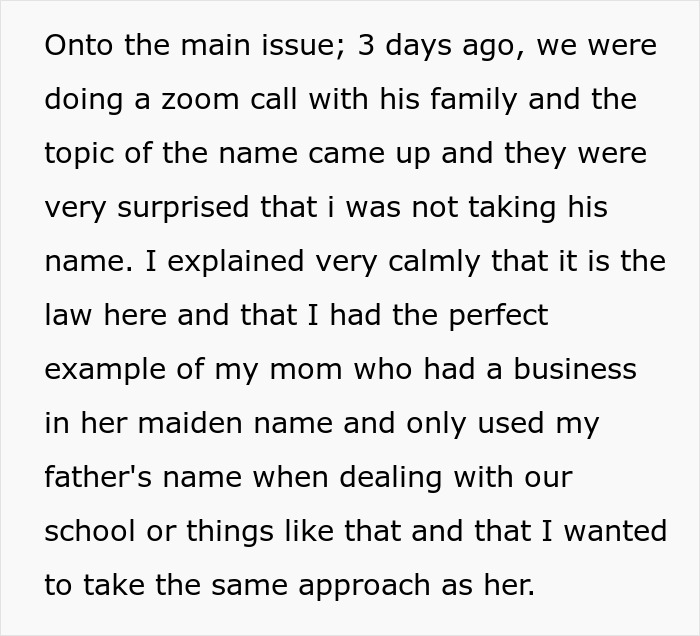
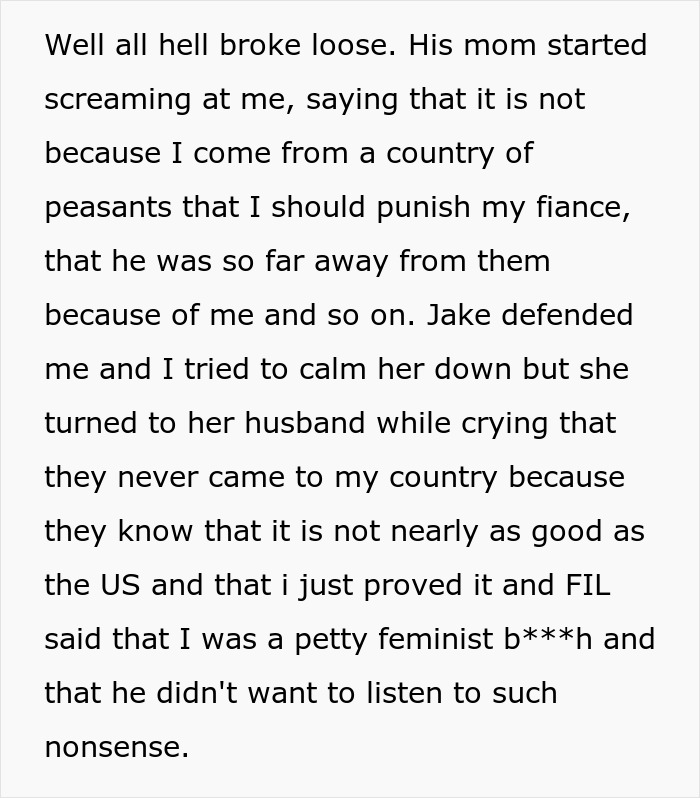

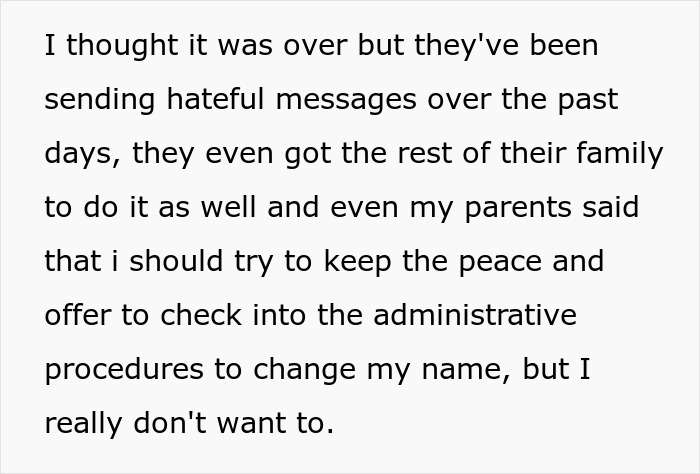
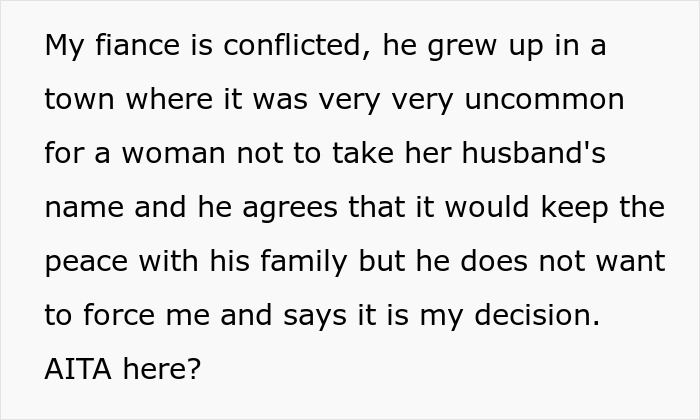

Image credits: Ketut Subiyanto (not the actual photo)
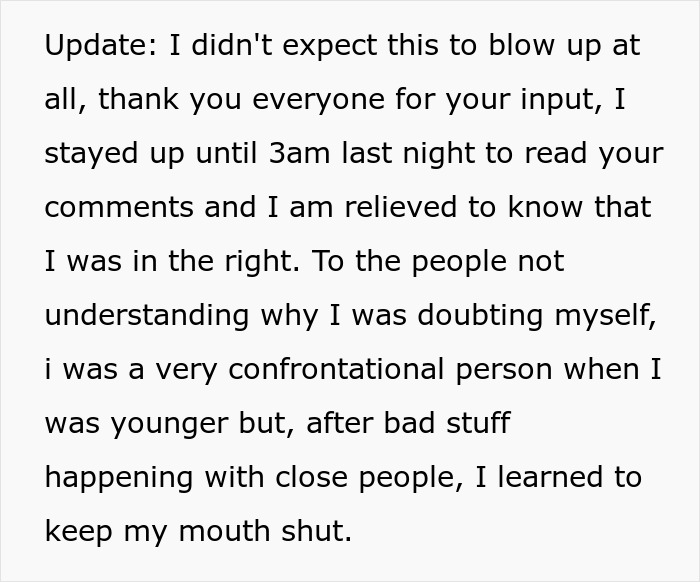
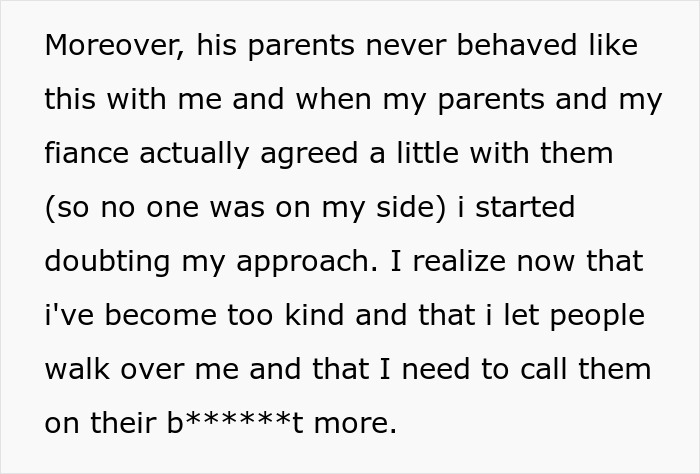
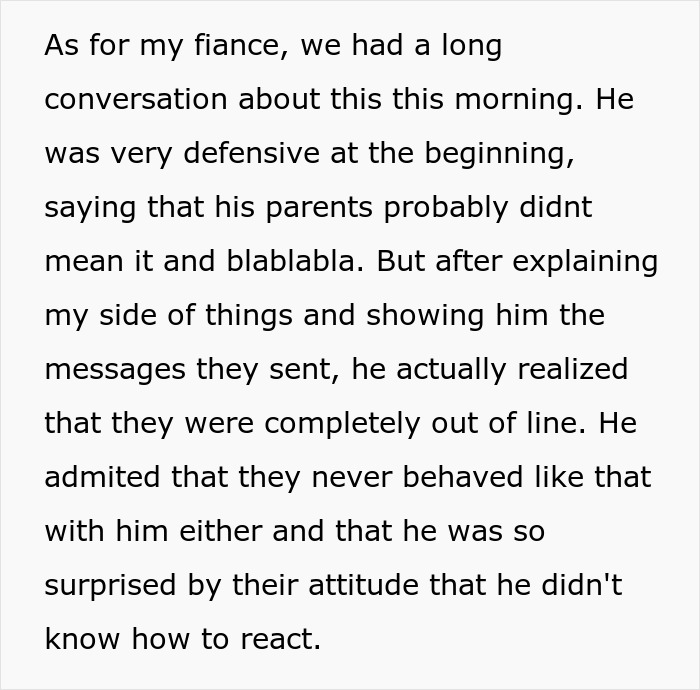
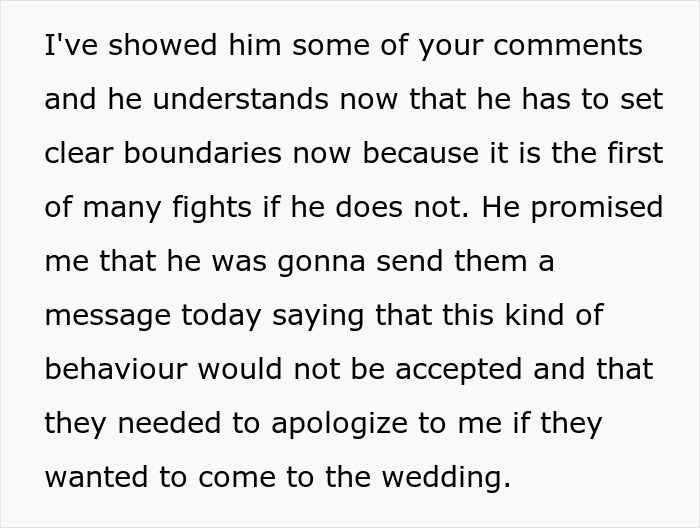
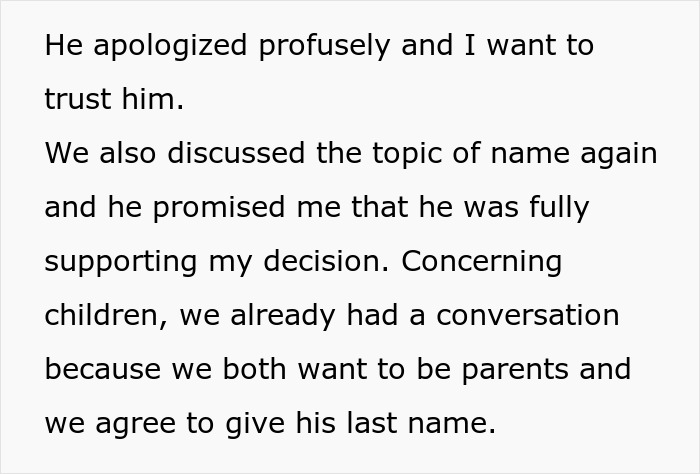

Image credits: u/aitafem
They called her a nasty slur and insinuated that their country was better than the one she was from
The post’s author and her fiancé were together for 5 years when these events took place. They met while he was on an exchange program in the OP’s country — Belgium. He loved it there so much that he decided to move to Belgium from the US.
Since the couple was living in Belgium, after the wedding, the OP couldn’t legally change her surname to her husband’s. So, the couple decided to tell this to the man’s parents during a Zoom call. The OP explained everything very calmly, but the reaction she got back wasn’t as calm.
The fiancé’s mom started screaming, accusing the woman of various out-of-pocket things and insulting her heritage. Then, the future father-in-law fueled the fire by calling the OP a “petty feminist B-word,” and the couple left the call. This left the woman very, very shocked, as she never expected to be insulted just because she was going to keep her maiden name.
And it didn’t end with the call. Over the next couple of days, the in-laws kept sending the post’s author hateful messages, and they also got some of the other family members to join in.
The OP’s parents offered to look for administrative ways to change her surname, as there were some possible solutions, but it wasn’t a choice for her, as she simply didn’t want to do that. Yet, it left her conflicted, as she didn’t want to fight with her future in-laws because of it.
Well, by looking at the comments and the update posted a bit later, it’s quite clear that the folks on the internet cleared out the grayness of the situation for the woman. They proved to her she was doing the right thing by not giving in to the wishes of her in-laws and staying on her own course. After all, it’s her name, not anyone else’s.

Image credits: alexandre saraiva carniato (not the actual photo)
While we fully agree with the sentiment that the woman must choose what kind of surname she wants to live with, we still have to acknowledge that it wasn’t possible for women back in the day.
For instance, going back to the Middle Ages (yes, so far back), there was an Anglo-American common law concept called Coverture. It meant that a married woman had no independent legal existence of her own — she was merged with that of her husband. Of course, this also included her surname, if she had one.
Fortunately, over time, women were able to achieve more and more rights through various reforms. Still, some leftover bias from such patriarchal systems like the one we talked about still exists even today.
The perfect example of it is people like the OP’s in-laws. They believe that a woman should take her man’s surname in order to show a “real” dedication. Even though there are plenty of other choices available (which, sadly, seems like nonsense to these people):
- Keeping your name;
- A husband taking his wife’s surname instead;
- One or both partners using hyphenated surnames;
- Merging surnames or coming up with a new one.
We don’t live in the middle ages anymore. Everyone should be able to choose what they want to do with their name after committing to a partner without being guilted into one choice or another. Yet, currently, that’s not a thing that some people seem to comprehend.
Fortunately, the folks online supported the woman’s stance on not getting pressured into changing her name and motivated her to not let them belittle her country
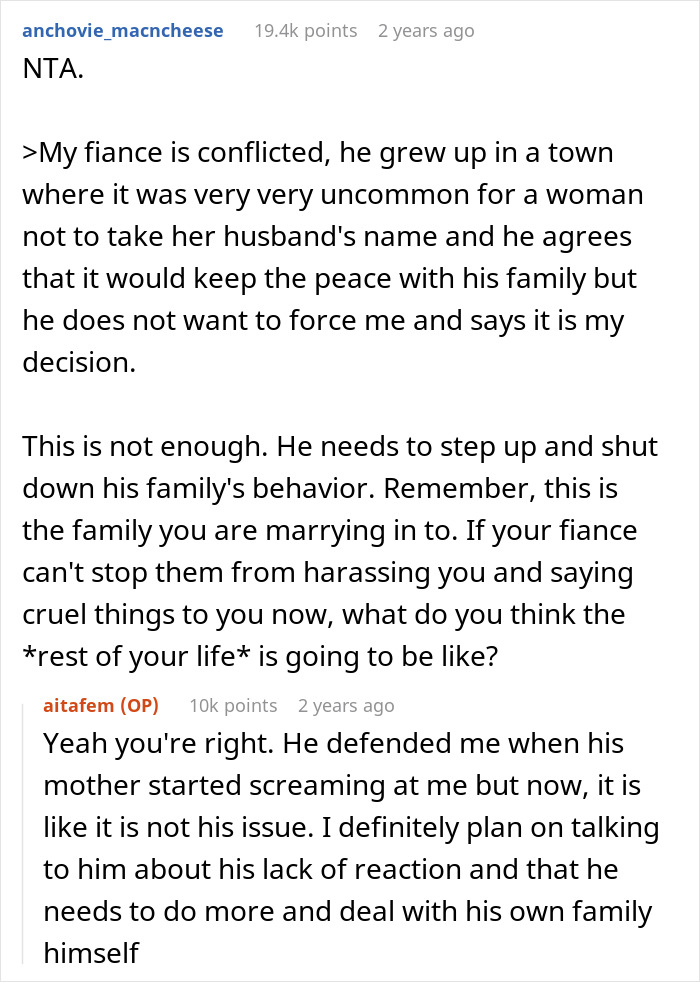

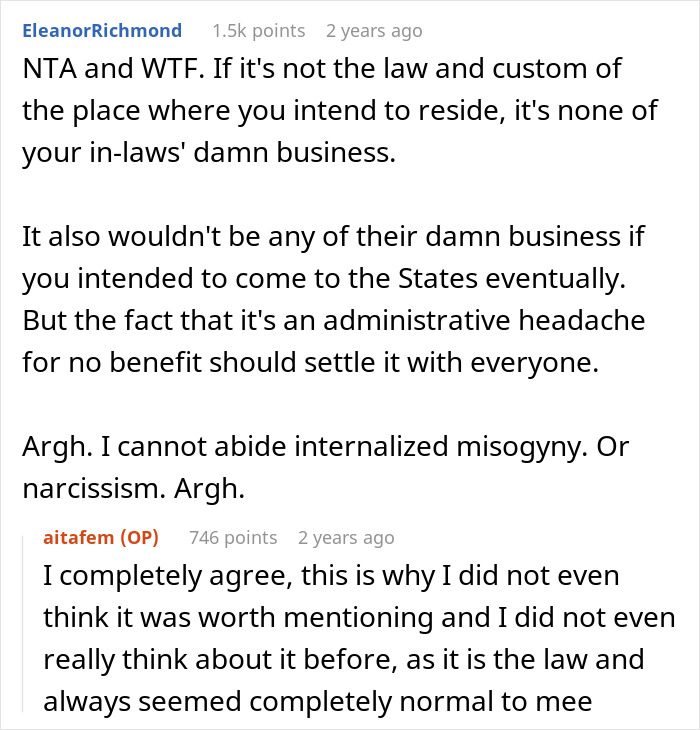

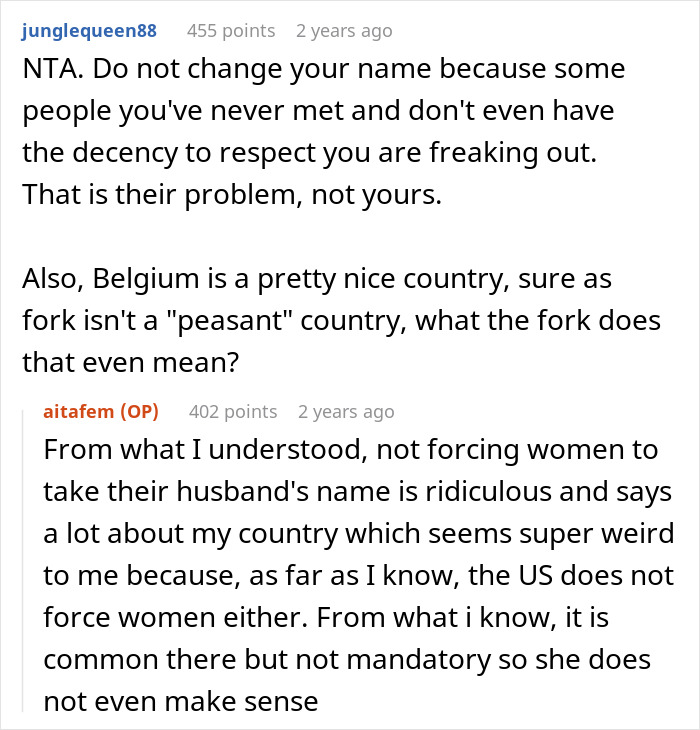

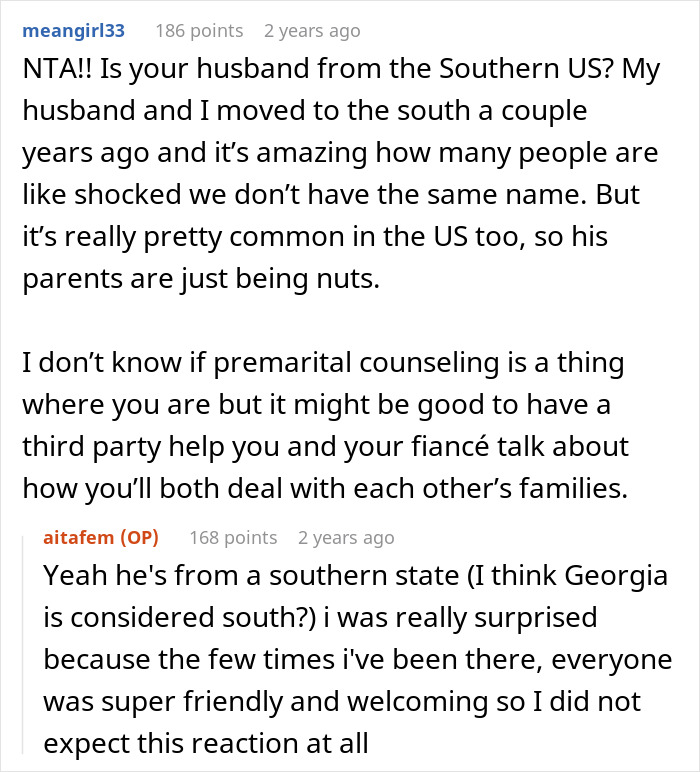

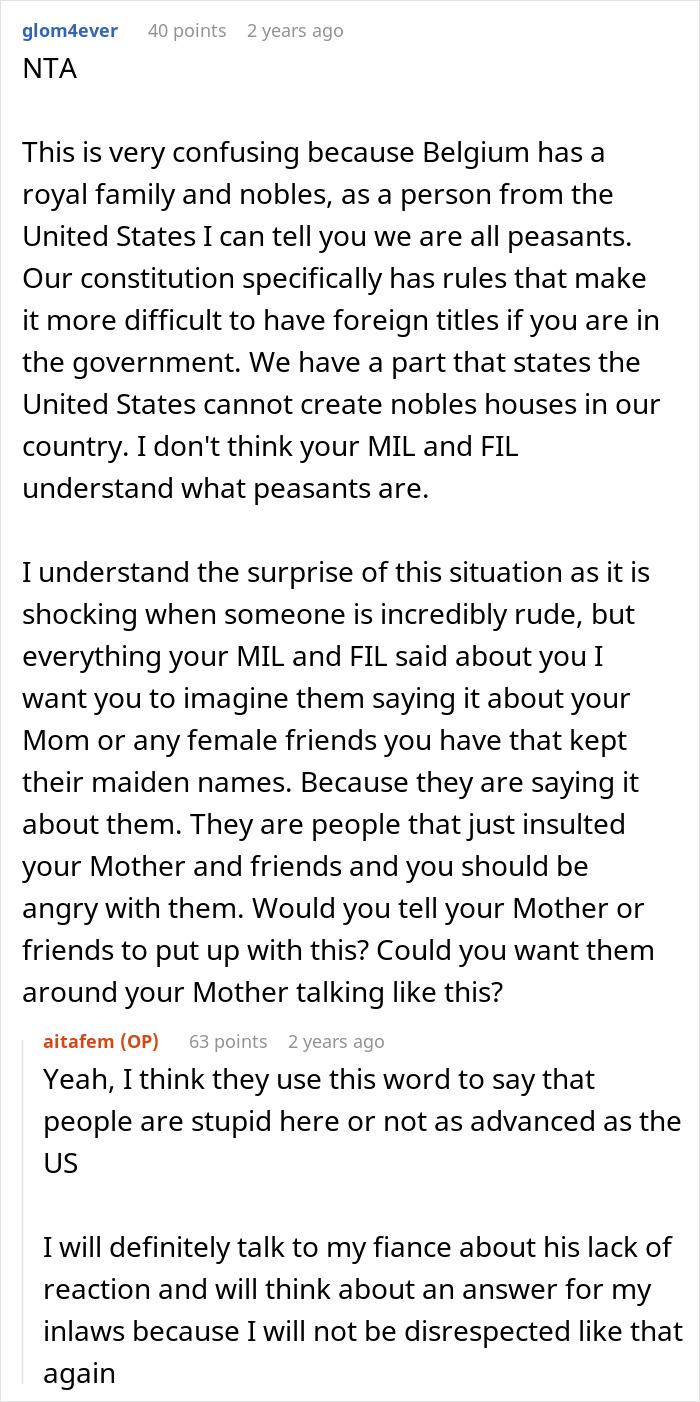
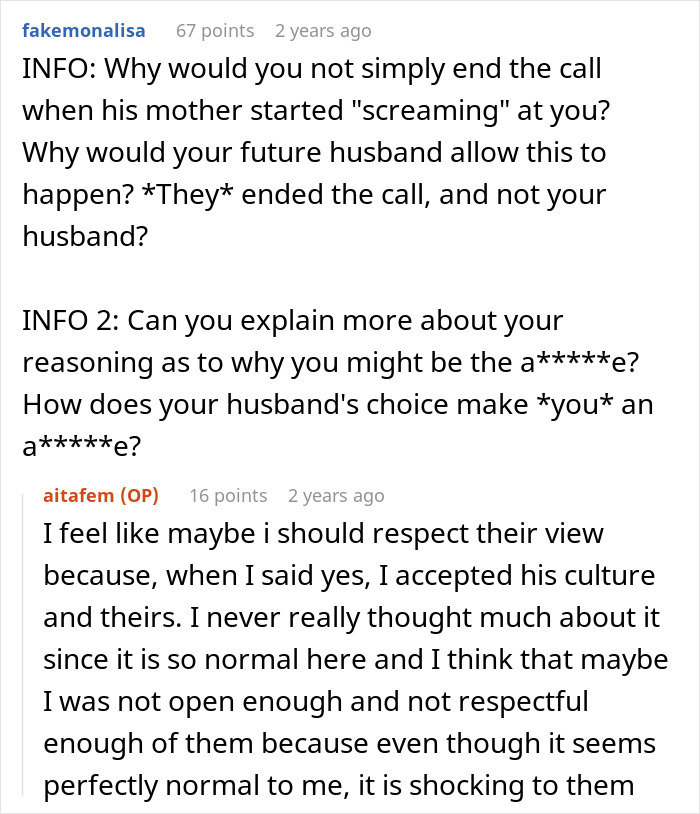



.png?w=600)



